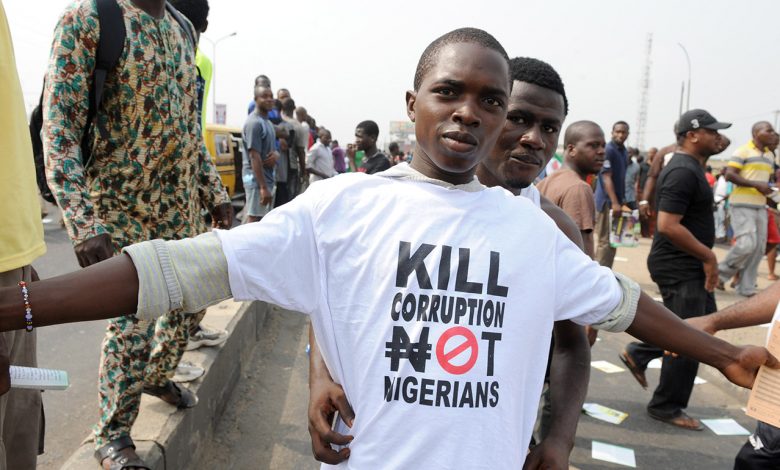
A review of data published by Transparency International has shown that Nigerians believed that corruption was worse under former President Olusegun Obasanjo’s administration.
The annual Corruption Perception Index (CPI) by Transparency International (TI) conducts surveys in every country and ranks the countries based on the results of the surveys. Countries are given scores from zero (highly corrupt) to 100 (very clean).
A country’s ranking is relative to the performance of other countries, and its low placement can be caused by residents of other countries believing their respective countries to be more corrupt.
How much residents of a country perceive it to be corrupt is reflected in the annual index. It does not, however, reflect the actual corruption in the country, Transparency International said.
Nigeria became a democratic nation in 1999 after decades of military rule. Olusegun Obasanjo was sworn in as the first democratically elected president. During the eight years when he was president, Nigeria’s CPI averaged 16 per cent.
During the reign of his successor, Umaru Yar’Adua, the average CPI was 25 per cent for the three years he ruled (2007-2010). In comparison, Nigeria’s CPI averaged 25.8 per cent under the reign of Goodluck Jonathan (2010-2015).
President Muhammadu Buhari’s tenure recorded the highest average score, with 26.6 per cent in five years (2015-2020), which indicates that the perception of corruption in Nigeria has improved since 1999 from one administration to the next.
